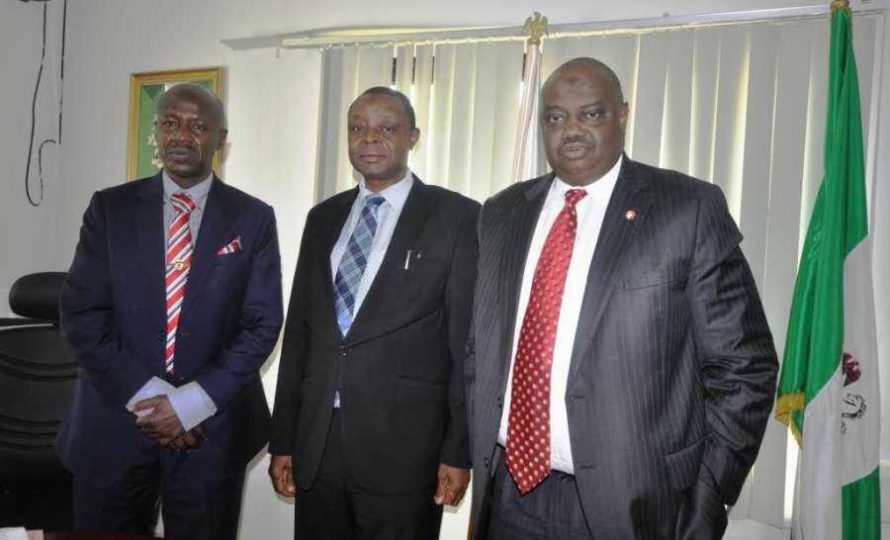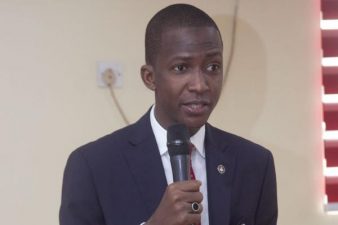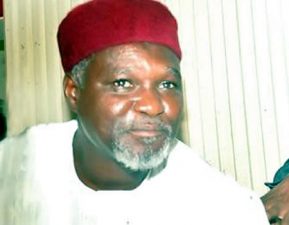The Economic and Financial Crimes Commission (EFCC) on Thursday said it secured about 1, 500 convictions since inception in 2003.
The Head, Public Relations of the South-South Zonal office of the EFCC, Oladele Oyewale, disclosed this at a town hall meeting in Benin City, Edo State.
The gathering centred on “Fostering Citizen’s Support for the War against Corruption in Nigeria, organized by CLEEN Foundation, a non-governmental organization.”
Debunking the claim that the EFCC was yet to live up to its mandate other than being selective in its prosecution of corrupt citizens, Mr. Oyewale argued that the number of its convictions so far, 1,500, proved that the EFCC was actually proactive and working.
He said the commission could only be more effective in its fight to curb corruption when more Nigerians join hands by volunteering information that can lead to arrest, investigation and prosecution of corrupt individuals.
Mr. Oyewole, who distinguished between petty and grand corruption, charged citizens to denounce and not celebrate convicts and people standing trials for corruption.
At the interactive meeting, citizens were enjoined to raise awareness about corruption through the mass media, community meetings, print materials, and videos.
In his paper titled: Evaluating Anti-corruption Efforts in Edo State and Nigeria: A Perspective from the Judiciary, the chairman of the Benin Branch of the Nigerian Bar Association (NBA), Ede Asenoguan, declared that corruption was still high in the country despite efforts by the President Muhammadu Buhari administration to reduce it.
“It is pertinent to note that despite the existence of these several laws aimed at curbing corruption, I think corruption is still waxing very strong in this country as well as in Edo State,” he said.
Mr. Asenoguan cautioned the Federal Government on the crackdown on judicial corruption.
“However, I must add, that efforts and attempts to rid the judiciary of corruption must be handled with care.”
“I agree that nothing can be worse than a corrupt judge giving perverse judgment purely influenced by gratification. My call for caution in the process of the purge is to ensure that the entire institution is not brought into ridicule and opprobrium, because at the end of the day, an allegation of corruption against any individual will still have to pass through the Judiciary before such an allegation can be said to have been established or proved,” he said.
The Project Manager of Budgit, Abayomi Akinbo, remarked that the trust and confidence of all Nigerians in President Buhari and his administration could only be rousing if monies recovered from looters are disclosed, and such looters named.
Also speaking, an assistant superintendent at the Independent Corrupt Practices Commission (ICPC), Samuel Odebajo, explained why the agency was now emphasizing prevention over prosecution of corruption, an explanation that sparked criticisms from participants.
Global Financial Integrity estimates that more than US$157 billion has left the country illicitly in the past decade.
Recent reports by Transparency International showed Nigeria ranked 136 out of 176 countries with a score of just 27 out of 100 on the Corruption Perception Index.
About 85 per cent of Nigerians surveyed believed corruption actually increased from 2011 to 2013.




